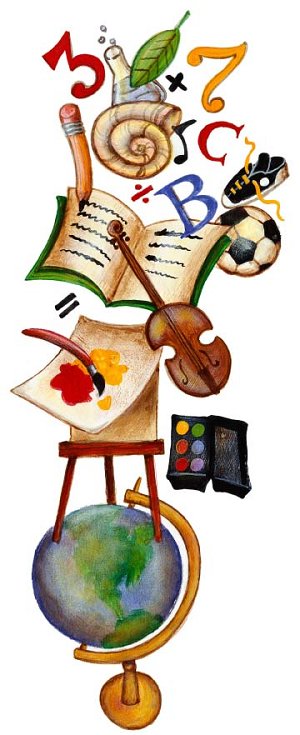Open discussion and debate are important in helping writers develop meaning;
a deeper level of meaning than simple regurgitation of facts. Asking and
answering questions in a classroom is invisible learning. You can’t chart it,
you certainly can’t see it. But there is no doubt that meaningful discussion
incites purposeful and meaningful writing. Yet if we talk more, we write less.
Its a smaller product being measured. That’s the issue really. The size of the
product and how we measure it.
Education is definitely in transition. Why else would we have or need
Educational Reform?
Parents, students and test making companies are geared toward “product” and
not “process.” It amazes me that those in the field want a “process” driven
system of education and others on the perimeter want a “product.” The fact that
grading and report cards still exist are testimony to this need for a finished
product.
Transition brings with it turmoil and disagreement. The UK is basing University applications, as of 2016, solely on A level results and not predicted grades, again product oriented. Ireland is moving away from a “points system” of University application to matching skills to place settings. This “weighted” system is also very much “product” based. We still need a standard, a level of measurement, but we need to reconsider what we measure, the “product” or the “process.” The former we have been doing since public schools came into being, the “process” is invisible learning and therefore difficult to measure. How do you measure an invisible process? Can you chart progress and use that as a standard measurement?
A recent article in the Wall Street Journal discussed how despite efforts to
improve teaching skills and use children’s test scores to evaluate teachers,
Brenna Roger’s School in New Haven still has dipping scores in math and
reading. Even though teachers are being re-taught how to teach, the students still test
poorly.
The test, not the teachers or students, is what is failing. We are
still using old methods of measurement for diverse classrooms that will fail
every time we use this “one size fit’s all” measurement. It has been failing us as educators and our students for some time now.
Writing is not fact based, it is an innate process, individualized for
each person. How could you possibly “test” it? The process involved is more
beneficial in the longterm than the final product itself. Not everyone is going
to be a Yeats or a Bronte, obviously, but open discussion and asking and
answering questions in a classroom creates a dialogue, that requires listening,
processing and a deeper level of thinking. Is the process more important than the product?
This emphasis on process over product is going to be a hard sell. Entire
businesses have been built on test prepping and evaluation of teachers.
On NBC’s Education Nation recently an Educator stated that teaching a class
today is like conducting an orchestra of musicians with varying degrees of
talent. I would equate it with expecting Beethoven’s 5th Symphony from a
student struggling to play Twinkle Twinkle Little Star. It isn’t that we should
abandon the process of teaching, or working toward Beethoven’s 5th; it’s
measurement of mastery that should be re-evaluated.
What’s wrong with continual assessment? How about using individual starting
points to show progress throughout the school year?
It is the “one size fits all” mentality to education and the need for a
“product” that needs evaluation. When we transition away from old standards of
measurement and allow students to use a collaborative thought process to develop
meaningful writing, maybe then the knowledge gained by students in the classroom
will be useful throughout life, not just the day they take an exam.
We need to take a long look at how archaic our system of education and evaluation and measurement has become and atwhat we consider “intelligence” to be.
Developmental psychologist Howard Gardner puts forward the notion of multiple intelligences; matematical, verbal, physical, musical etc. We’re using a mathematical and or scrientific measurement for intelligences that are not mathematical or scientific. We need to measure these intelligences differently. I don’t know how it would work, yet! But I’ll think on it for a while!
I wish I had the answer, but even if I did, which I obviously don’t, it would have to be accepted globally in order to make it work. How would students do semesters abroad or apply for jobs in other countries if we used a completely different type of measurement? My guess is that the internet and technology will change educational philosophy so much over the next 20 years that IQ tests and SATs will only be applied to mathematical and scientific intelligences.
The Wallstreet Journal Article
This article is a response to Let’s Stop Teaching Writing By Paula Stacey
